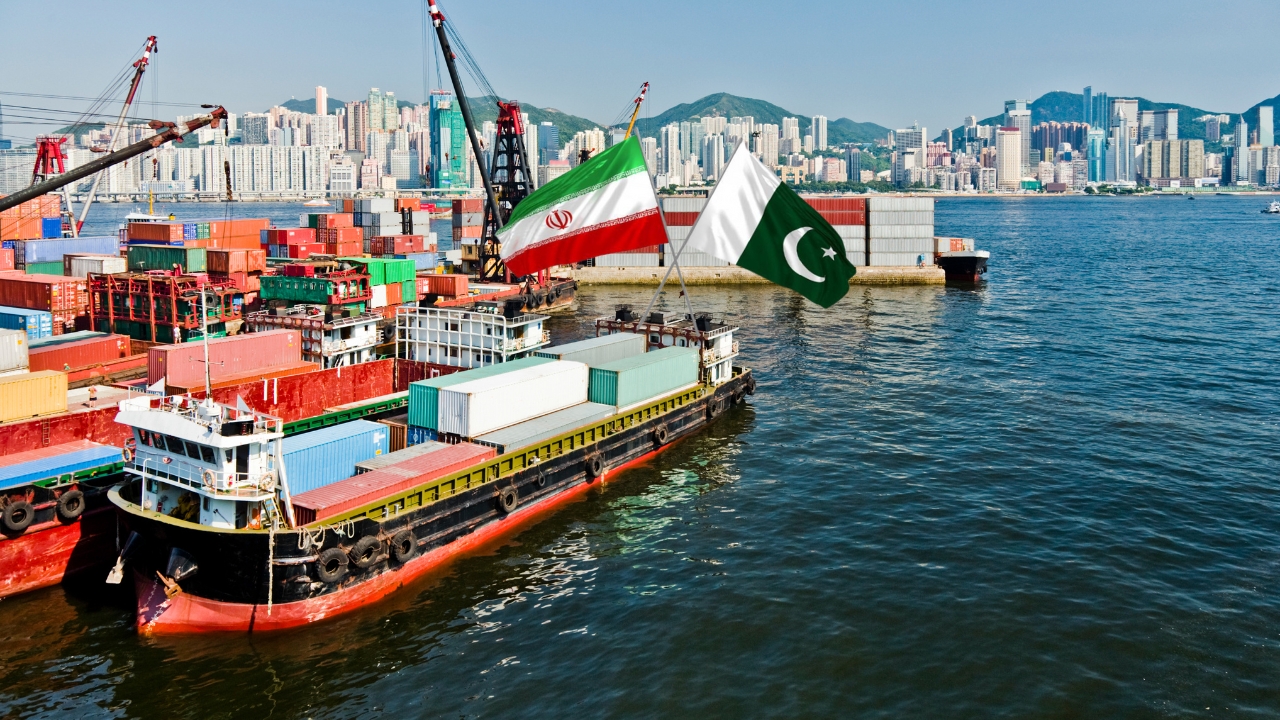Businessmen across Pakistan watched the developments of the meeting between Iran’s Minister of Trade, Mohammad Atabak, and Pakistan’s Commerce Minister, Jam Kamal Khan.
The meeting ended with an agreement to remove the existing barriers to trade that could greatly increase trade and business activities on both sides of the border.
The meeting in Islamabad sparked hope for future trade with Iran as the delegation from Tehran invited Pakistan to attend further talks regarding the improvement of economic ties.
Pakistani sugar exporters would benefit enormously if talks between Islamabad and Tehran led to trade deals. This is because Iran currently spends over half a billion dollars annually to meet its sugar demand – a potential market for Pakistani exporters.
This is prime time for sugar producers to capture lucrative export deals as the ECC (Economic Coordination Committee) has already directed banks to facilitate the export of an additional half a million tons of sugar.
Currently, Iran imports sugar from as far away as Belgium and Brazil, a process that can take a staggering 40 days. The Pakistani market, however, could supply sugar to Iran within just 3-4 days due to the fact that the two countries are neighbours.
Pakistani businessmen in the agricultural sector will also reap a lot from this potential partnership, just like sugar producers. That’s because in 2023 alone, Pakistan imported nearly half a billion dollars worth of fertilisers, and Iran is a net exporter, so a trade deal between the two neighbours is possible.
If realised, the import of Iranian fertilisers is likely to drive down fertiliser prices locally, which would benefit farmers. The lower production costs would help increase profitability for farmers and could also make Pakistani agricultural exports even more competitive than they already are in the global market.
Perhaps the most exciting possibility, however, is the potential for the export of Iranian petroleum to Pakistan. With petrol prices sitting at an uneasy PKR 247 per litre, importing oil from Iran at special rates due to “special clauses” in trade deals could provide relief to both businesses and consumers.
Atabak has extended an invitation to Jam Kamal Khan for further talks in Tehran, sparking speculation that a trade deal could soon become a reality, which would mark a major step forward in bilateral relations.
If the discussions result in trade agreements, businesses from both nations will benefit. Industries and citizens are expected to enjoy lower costs and shorter delivery times for imports. The future could very well see Iranian fertilisers being used to grow Pakistani sugarcane, only for that same sugar to make its way back to Iran – a sweet cycle of trade.







